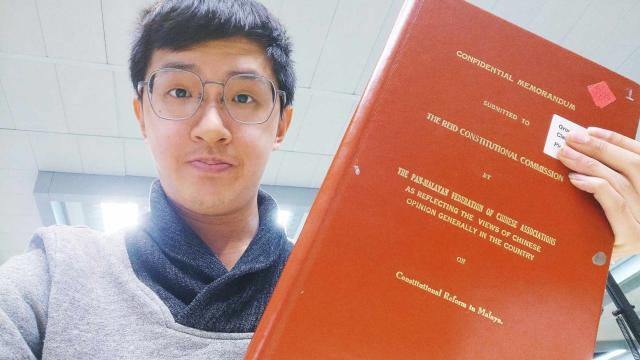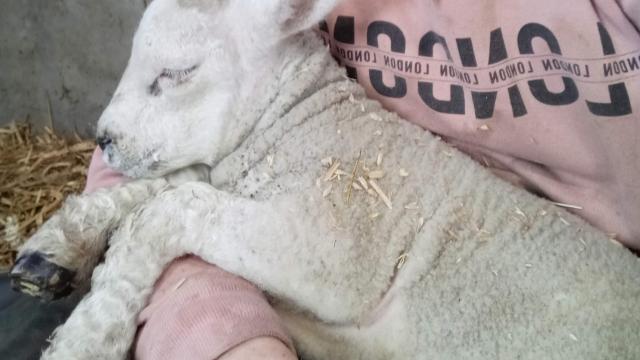
A Fellow of St Catharine’s College has announced a new partnership with pharmaceutical company AstraZeneca to advance medical science and the treatment options available to patients with inflammatory diseases. Dr Rahul Roychoudhuri (2020), University Associate Professor in the Division of Immunology at the Department of Pathology, has agreed to collaborate with AstraZeneca to discover if cell behaviour can reveal new possibilities for treating patients with systemic lupus erythematosus (also known as SLE or lupus). The partnership will also be supported by Dr Suman Mitra’s team at the University of Lille.
SLE is a chronic autoimmune disease in which the immune system attacks its own tissues, causing widespread inflammation and damage in affected organs. Medical interventions and lifestyle changes can help control symptoms but are often incompletely effective.
Dr Roychoudhuri is seeking to improve the understanding of SLE and how it can be treated through this exciting new collaboration:
“We are excited to test whether chimeric antigen receptors (CAR) can be used to direct the suppressive function of Treg cells towards specific cells within the immune system which we know are responsible for driving SLE. To do this we will need to develop new cutting-edge experimental approaches so we can better understand the behaviour of CAR-Treg cells in autoimmune diseases like SLE. We will test whether these cells are selective in their function, suppressing undeseired autoimmune responses while leaving desired immune responses intact; for example, to infections or vaccines. I believe this collaboration with AstraZeneca is a critical first step towards developing effective cell therapies.”
CAR-Treg therapy involves introducing genes into a patient’s own Treg cells to redirect their suppressive function to specific target molecules or cells within the body. Headquartered at the Cambridge Biomedical Campus, AstraZeneca is exploring the possibility that cell therapy may help to restore the balance of immune cells in patients with SLE so that the immune system no longer attacks healthy tissues.
CAR T cell therapy with conventional cytotoxic CD8+ T cells are already having transformative impact in the treatment of patients with cancers of the immune system. The aim of this work will be to extend the scope and benefits of CAR therapy to patients with inflammatory disease. The powerful biological functions CAR-Treg cells are of intense interest for Dr Roychoudhuri and the wider immunology community who are eager to understand whether of these cells can be harnessed treat inflammatory diseases like SLE, as well as patients with transplants and cancer. He explains:
“Most efforts have thusfar been disappointing. My team are aiming aim to better define mechanisms of Treg development and function, to identify new ways of exploiting or blocking the suppressive function of Treg cells in people with inflammation and cancer.”
The partnership has been made possible thanks to AstraZeneca’s CoSolve open innovation programme, which supports scientists around the world progressing novel ideas across all stages of drug discovery – from basic science to early clinical development.
Kyle Bednar, Team Leader for Discovery, Respiratory & Immunology at AstraZeneca, adds:
“This research will enhance our understanding of how adaptively transferred Tregs and CAR-Tregs behave in complex inflammatory environments. It could give us valuable insights into adoptive Treg therapies. This work will add huge value to the research we’ve already done in this area, and collaborations like this will give us the capability to rebalance and maintain immune homeostasis and create innovative long-term treatments for immune-mediated diseases.”
Excited to be collaborating with @AstraZeneca and Suman Mitra's group to develop ways of directing the suppressive function of CAR-Treg cells to tackle inflammatory disease in individuals with #SLE, supported by AstraZeneca's #CoSolve open innovation programme. @CamPathology pic.twitter.com/KArHeeazqA
— Roychoudhuri Lab (@RoychoudhuriLab) January 12, 2022



